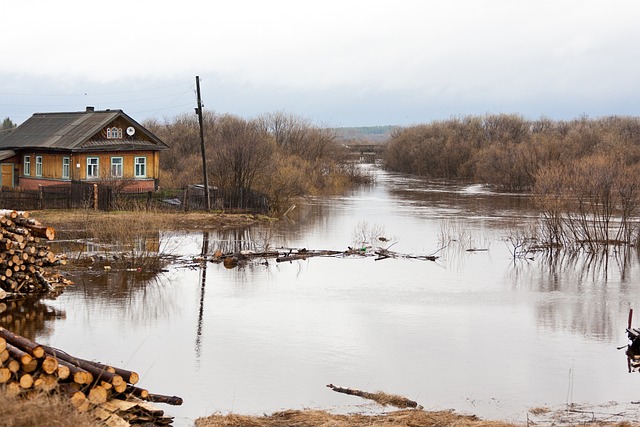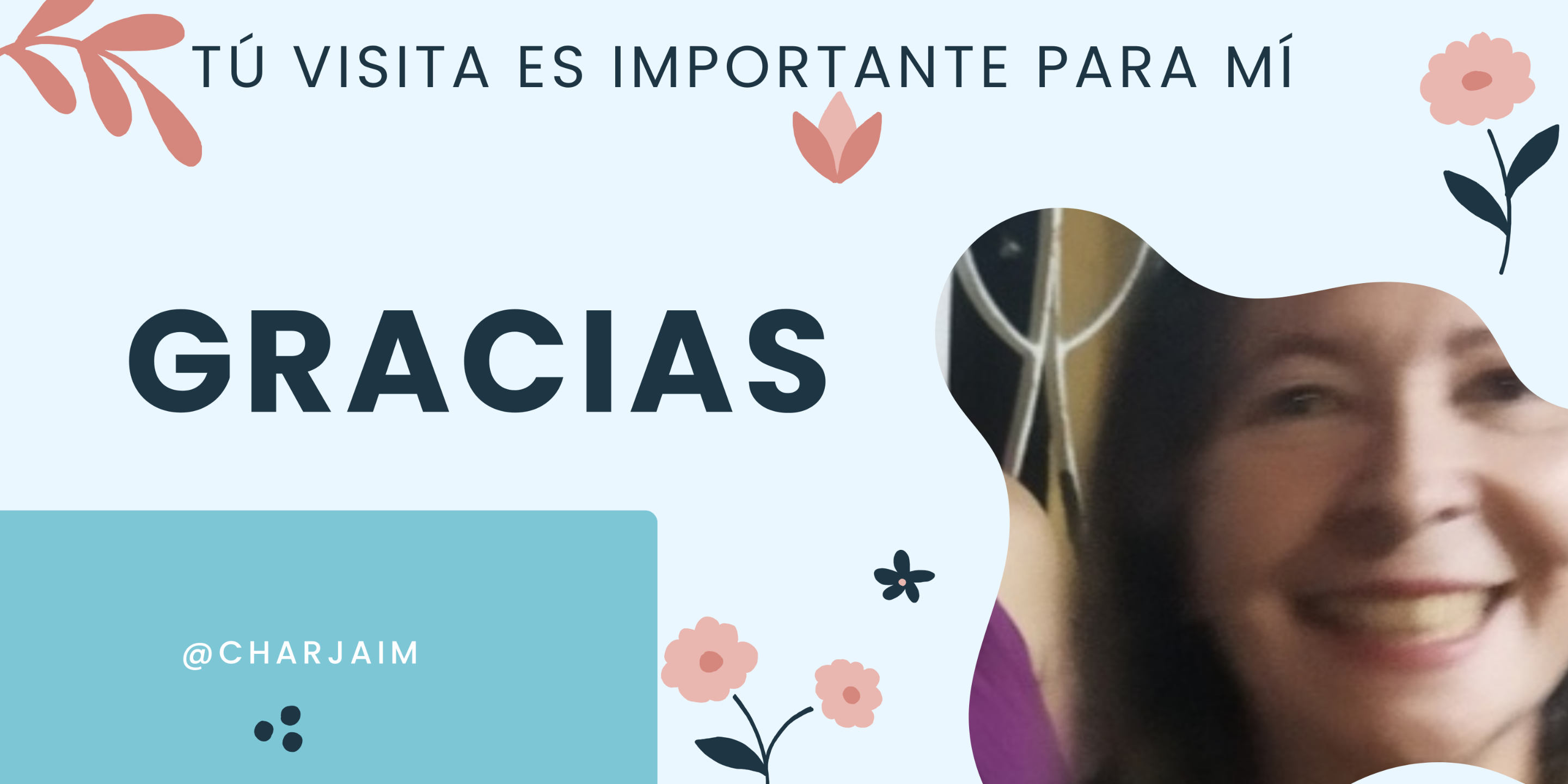#
Saludos, amigos de la comunidad [Green Zone](https://peakd.com/c/hive-164923/created), nuevamente por aquí con algunas reflexiones domingueras, que espero sean de su gusto.Hace unos días fue inevitable recordar un cuento de Juan Rulfo, "Es que somos muy pobres". De su libro El llano en llamas.
#

[](https://pixabay.com/es/photos/al-norte-de-rusia-%D0%BB%D0%B0%D0%BB%D1%8C%D)
#
La literatura tiene la fuerza para hacernos vivenciar lo que en ella se cuenta o, viceversa, la vida en todo su esplendor es motivo de inspiración y un buen escritor, como Rulfo, puede hacernos vivir la desgracia, como buenos lectores, pero que no desearíamos, por nada del mundo, se volviera realidad.
He leído en esta comunidad una [invitación](https://ecency.com/hive-164923/@yuraimatc/grandes-villanos-de-la-literatura) de @yuraimatc sobre los grandes villanos de la literatura universal. Confieso que no es de mi agrado las obras de este estilo, tampoco en el cine; del protagonista de Hannibal me quedo con su papel en la película El padre.
No obstante, su invitación me llevó a reflexionar de nuevo la escena de esta historia del cuento "Es que somos muy pobres", donde el narrador observa la fuerza del río, al lado de su hermana Tacha, que llora porque sabe que este se llevó a la Serpentina, su vaca de regalo por sus doce años, y que es la garantía de que ella no termine como sus dos hermanas, cuyo comportamiento les hizo salir de casa.
Quizá por los tiempos que estamos viviendo, donde desearíamos que la realidad fuese una historia olvidada en las hojas amarillas de un viejo libro; pero no, obra y vida se complementan una a otra y pareciera que vemos a varias Tachas imitar el sonido del río, que se cuela por los ojos y por la sabana a la vez.
["Aquí todo va de mal en peor" ]( https://www.gavilan.edu/academic/spanish/gaspar/html/3_04.html)comienzan a contarnos y la desolación se va instalando en un escenario sombrío y triste por la muerte, la pérdida de animales y cosechas.
El río es el villano que causa perjuicio y dolor, que se muestra manso para dejar construir cerca de él y luego arrasa con furia y daña; es quien con su inmensa belleza crea ensoñación y no da pausa ni tregua para arrastrar lo que sea. ¿Es malvado por querer recuperar lo que desde antaño le correspondía? No. No nos engañemos, hay uno peor, que sintetiza el mexicano en su título.
# Gracias por tu amable lectura.
Mi contenido es original.
He utilizado el traductor de Google.
Imagen de Pixabay.
#

#
English Version
#
Greetings, friends of the [Green Zone](https://peakd.com/c/hive-164923/created) community, here again with some Sunday reflections, which I hope you enjoy. A few days ago, I couldn't help but recall a short story by Juan Rulfo, "We Are Very Poor." From his book The Burning Plain.
#

[](https://pixabay.com/es/photos/al-norte-de-rusia-%D0%BB%D0%B0%D0%BB%D1%8C%D)
#
Literature has the power to make us experience what it tells us or, vice versa, life in all its splendor is a source of inspiration, and a good writer, like Rulfo, can make us experience misfortune, like good readers, but one that we wouldn't want, for anything in the world, to become reality.
I read in this community an [invitation](https://ecency.com/hive-164923/@yuraimatc/grandes-villanos-de-la-literatura) from @yuraimatc about the great villains of world literature. I confess that I don't like works of this style, not even in film; of the protagonist of Hannibal, I prefer his role in the film The Father.
However, his invitation drew me Let's reflect again on the scene from this story "We Are Very Poor," where the narrator observes the force of the river, next to his sister Tacha, who cries because she knows it took Serpentina, her gift cow for her twelfth birthday, and that it is the guarantee that she won't end up like her two sisters, whose behavior made them leave home.
Perhaps because of the times we are living in, where we wish reality were a forgotten story in the yellow pages of an old book; but no, work and life complement each other, and it seems we are seeing several Tachas imitating the sound of the river, which seeps through our eyes and through the savannah at the same time.
["Here everything is going from bad to worse"](https://www.gavilan.edu/academic/spanish/gaspar/html/3_04.html) they begin to tell us, and desolation sets in in a somber and sad scene of death, the loss of animals, and Harvests.
The river is the villain who causes harm and pain, who appears docile enough to allow construction near it and then rages and damages; he who, with his immense beauty, creates dreams and gives no pause or respite to sweep away anything. Is he evil for wanting to reclaim what once belonged to him? No. Let's not fool ourselves, there is a worse one, as the Mexican summarizes in his title.
# Thank you for your kind reading.
My content is original.
I used Google Translate.
Image from Pixabay.
#

#